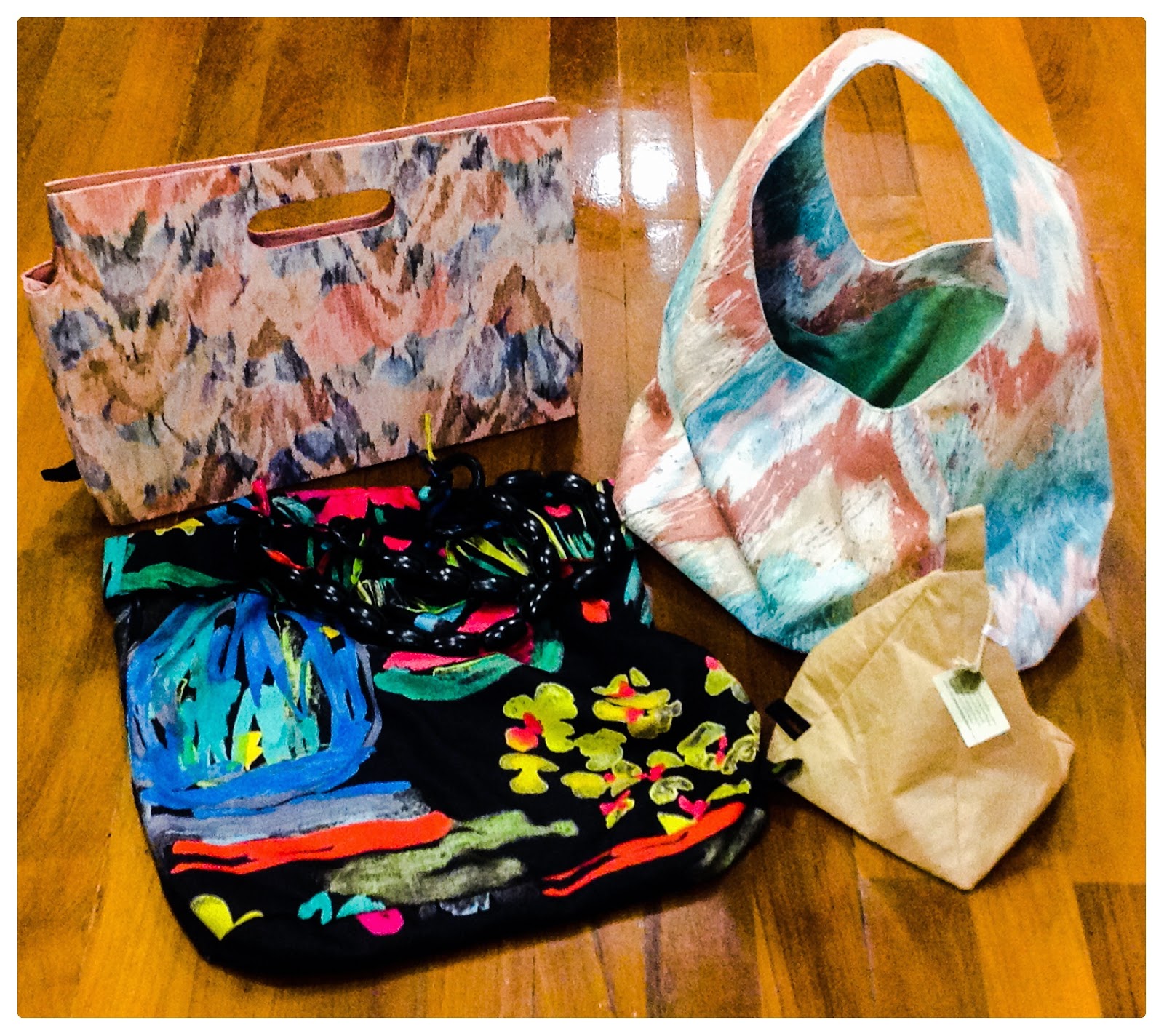 |
| Garment factory workers model clothes for the 'Beautiful Clothes, Ugly Reality' fashion show in Phnom Penh. Photo courtesy of Nicolas Axelrod/Roum |
The aptly themed 'Beautiful Clothes, Ugly Reality' fashion show serves as a platform to highlight the huge income disparities between garment workers and apparel brand owners as well as to advocate for a living wage and better working conditions for these workers. Garment workers in Cambodia not only face poor working conditions and low pay but also live in fear due to violent government clampdowns that have killed five garment workers. Ruom Collective, a Cambodian-based social journalism platform, provides an excellent coverage of the fashion show including the issues facing these garment workers.
The Workers Information Centre is a partner organisation of the International Women's Development Agency (IWDA), a Melbourne-based NGO that I support. Above is a video made by IWDA to educate consumers on the unfair and often exploitative treatments of Cambodian garment workers, of which 90 percent comprises of women. It serves to highlight the good work carried out by WIC to empower women garment workers in Cambodia by helping them fight for a fairer wage and working conditions.
According to reports carried by just-style and Shanghai Daily, global brands including H&M, GAP and the Inditex Group (Mango, Zara etc.) have indicated that they support higher minimum wages for Cambodian garment workers. As consumers with voting rights i.e. purchasing power, let's hold these highly-profitable labels accountable for the promises they have made.














